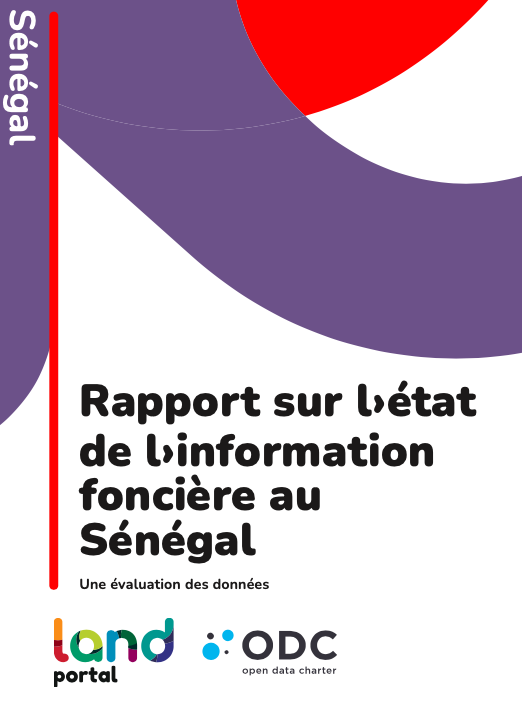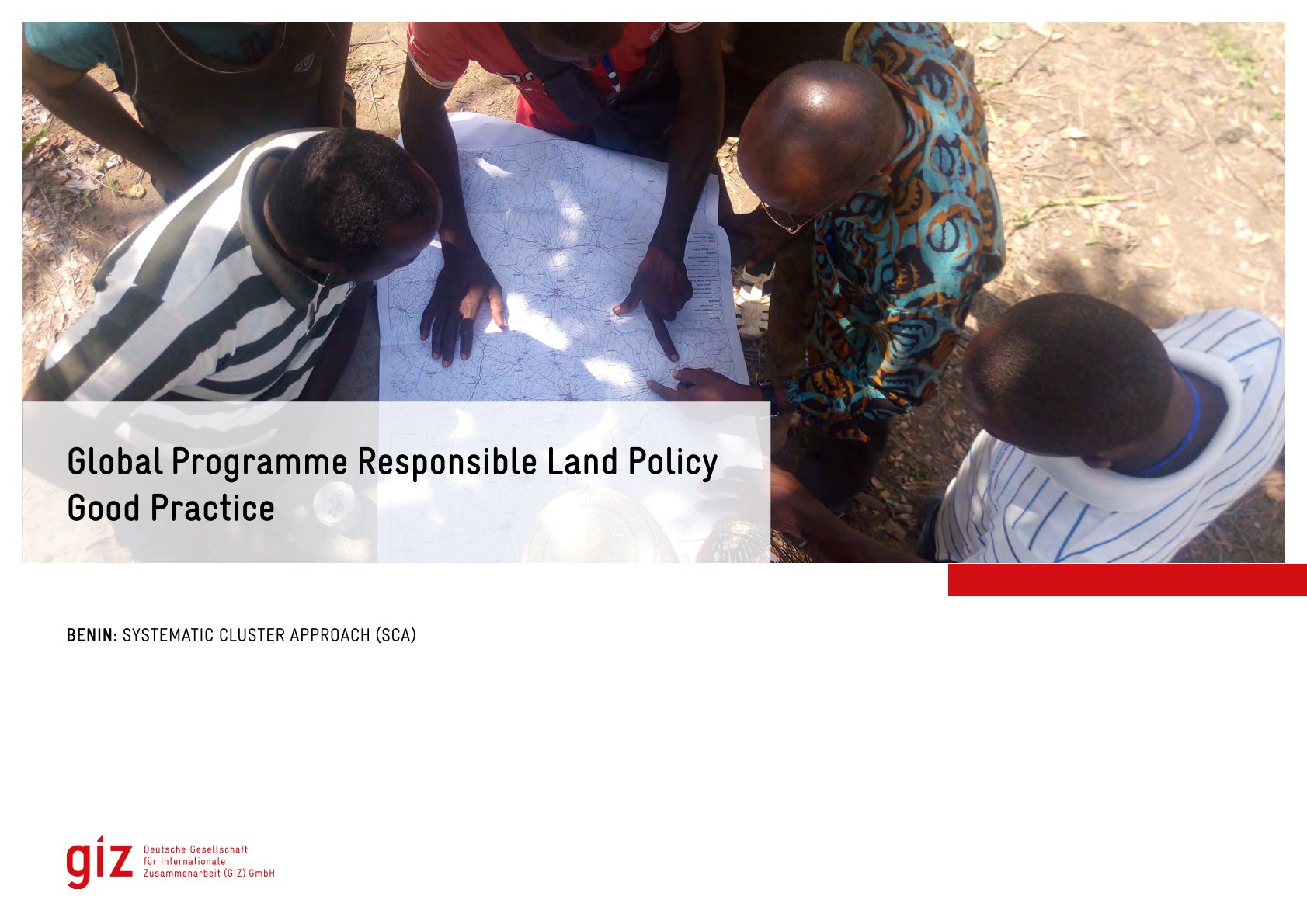Rapport sur l'état de l'information foncière au Sénégal (FRANÇAIS)
Ce rapport sur l'état des informations foncières (SOLI) est une analyse de l'état actuel des données foncières au Sénégal, évaluant la disponibilité des informations foncières et la conformité de ces informations avec les normes de données ouvertes.



